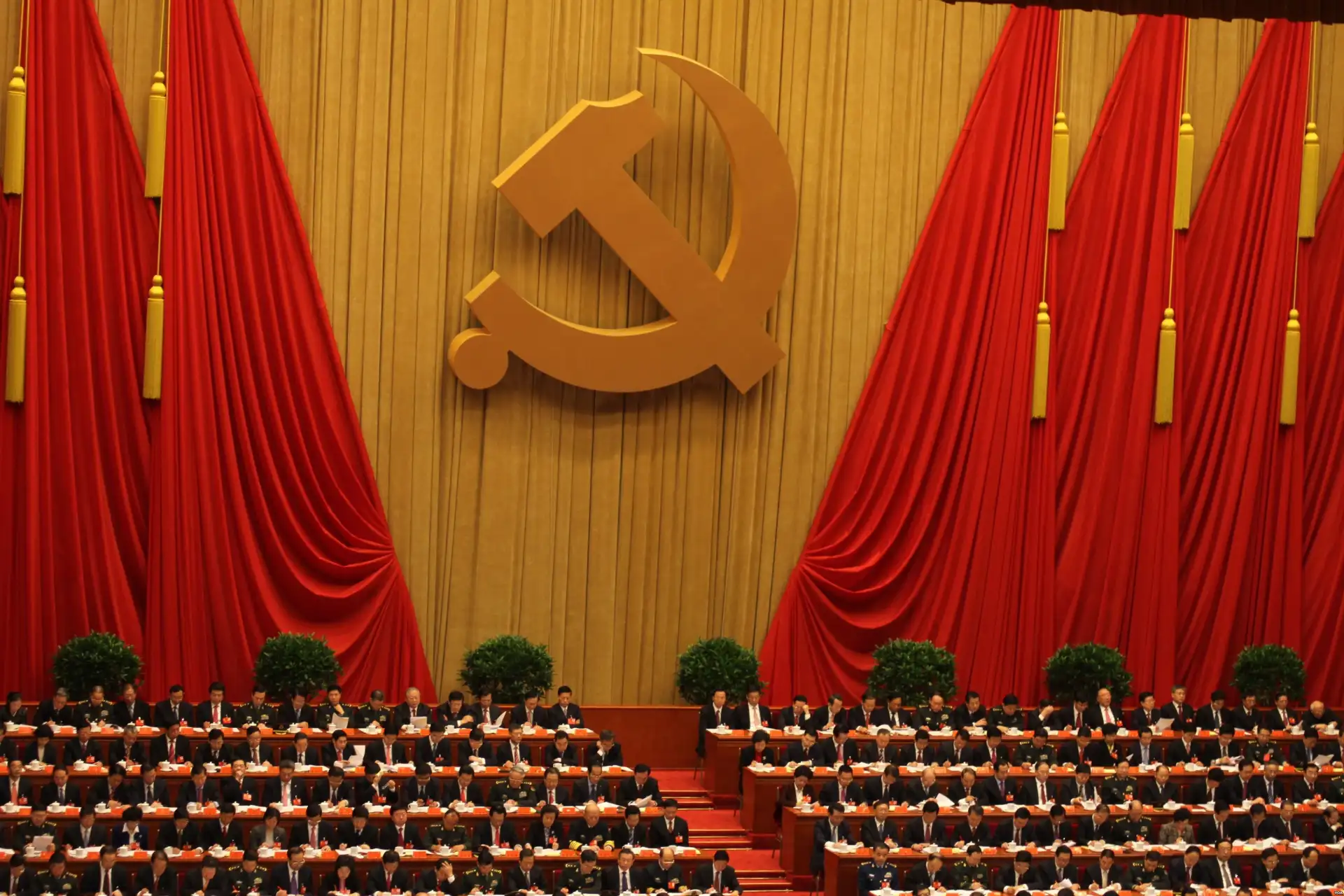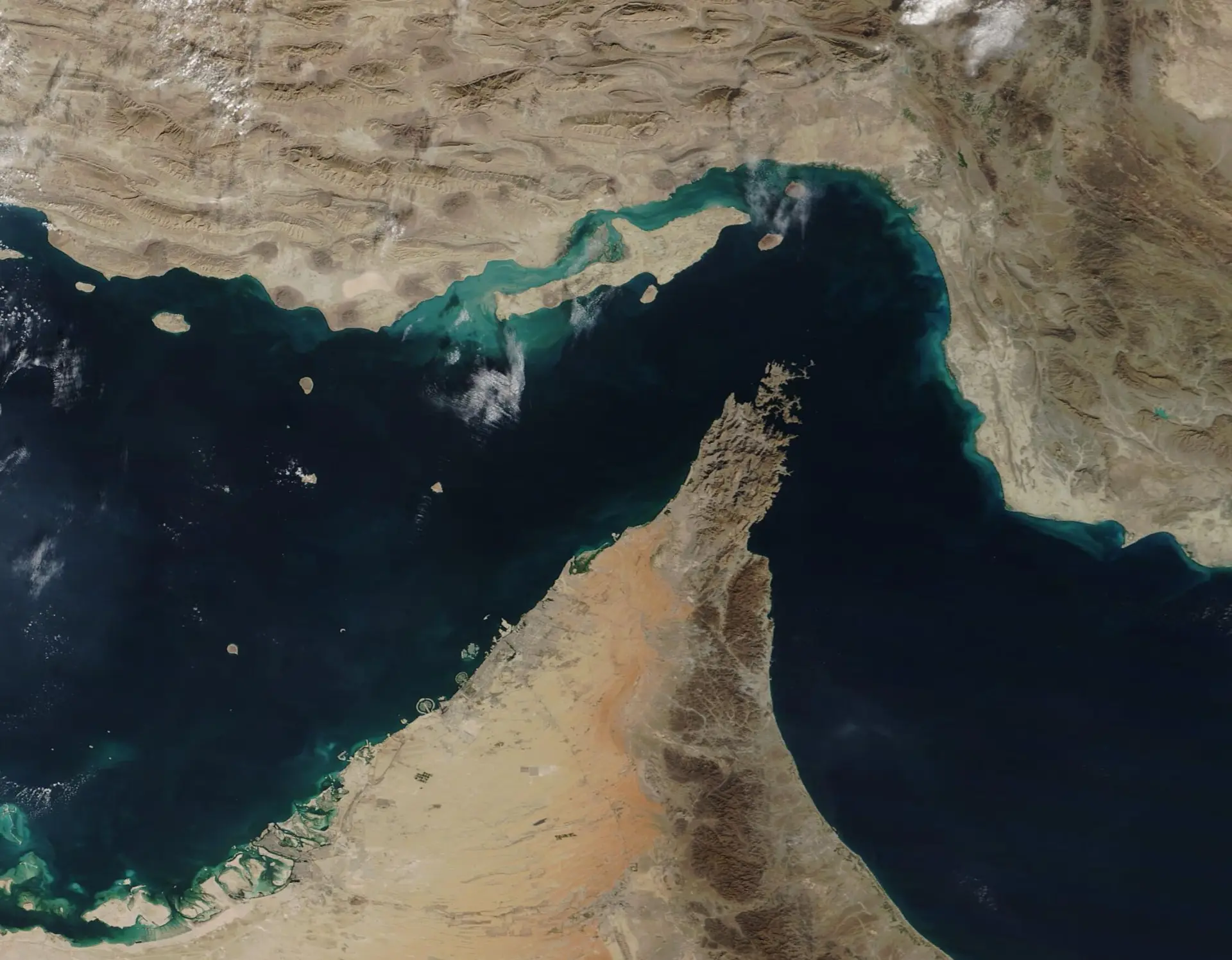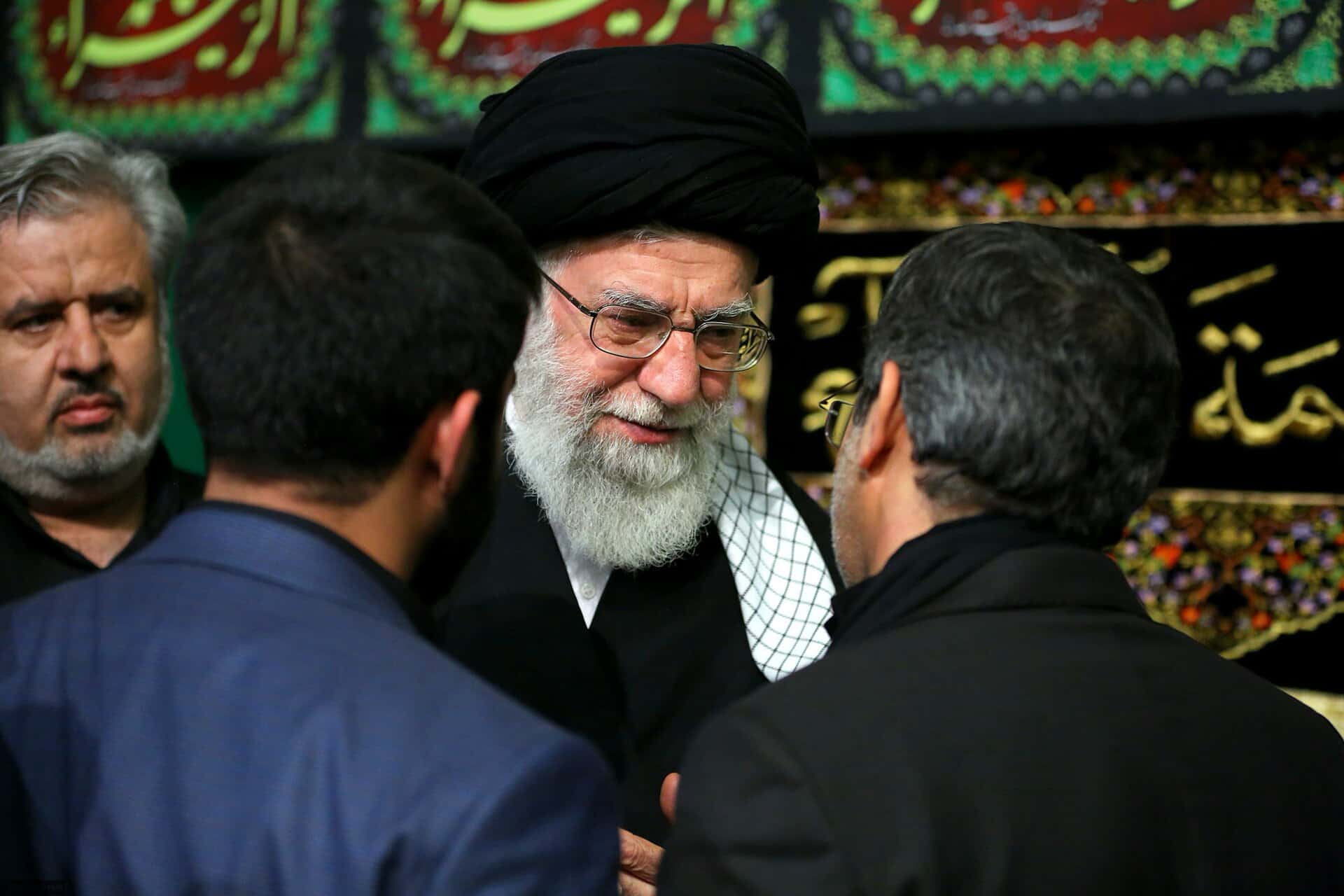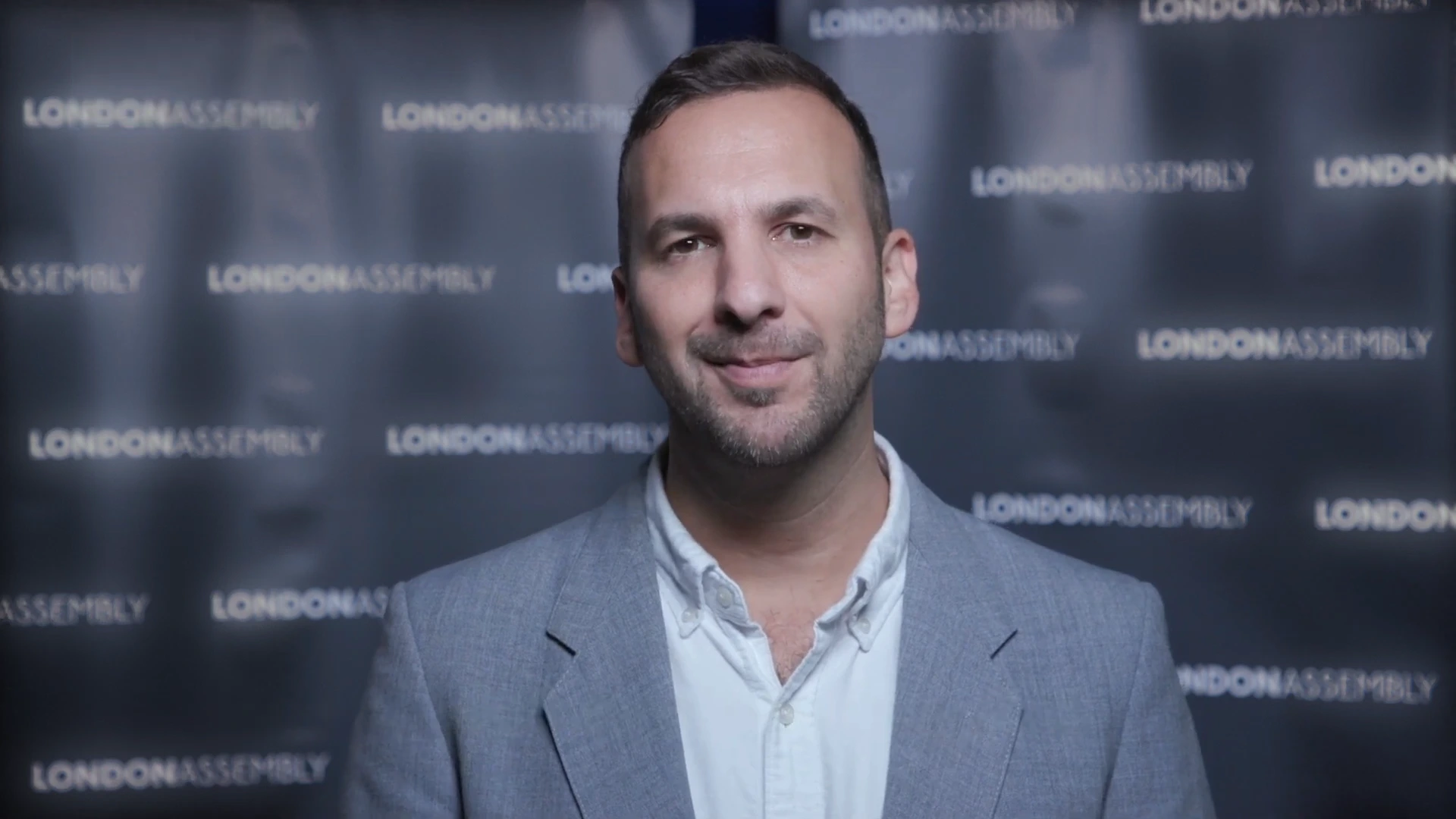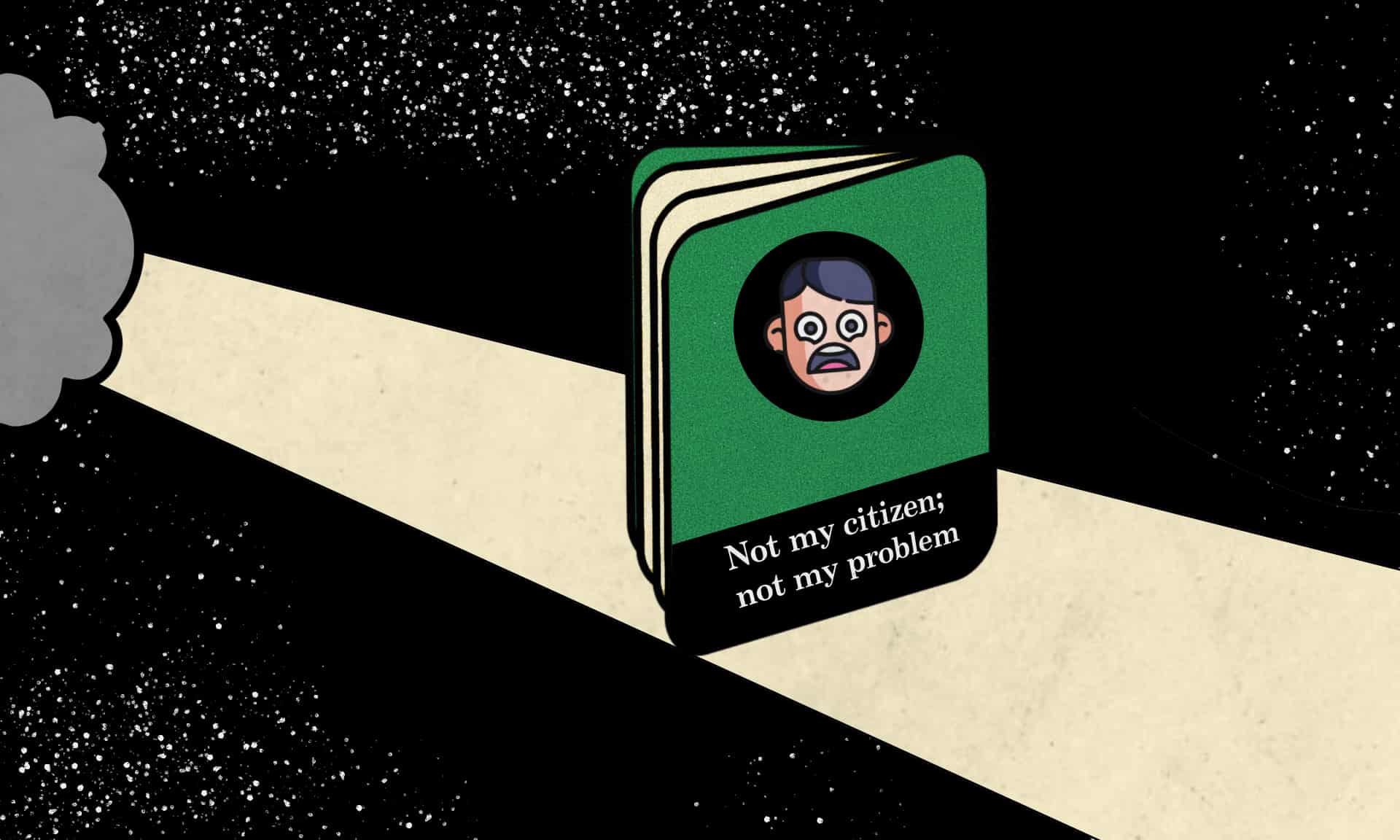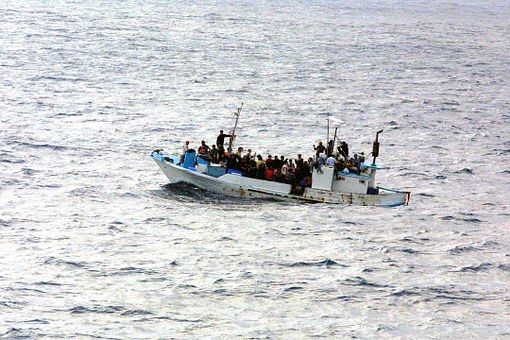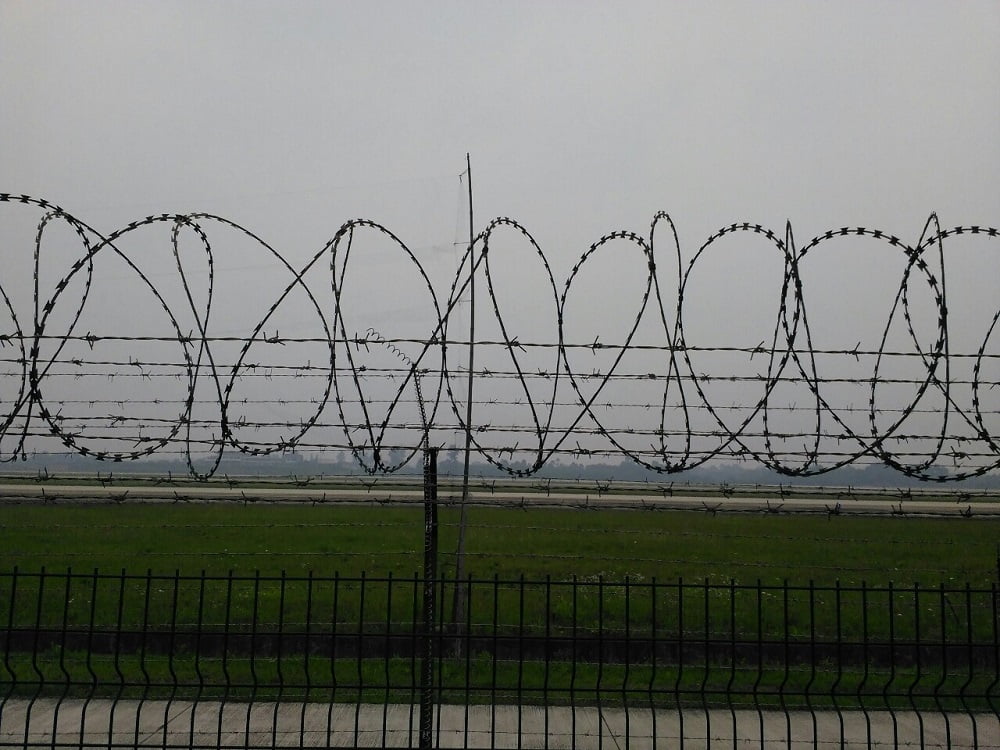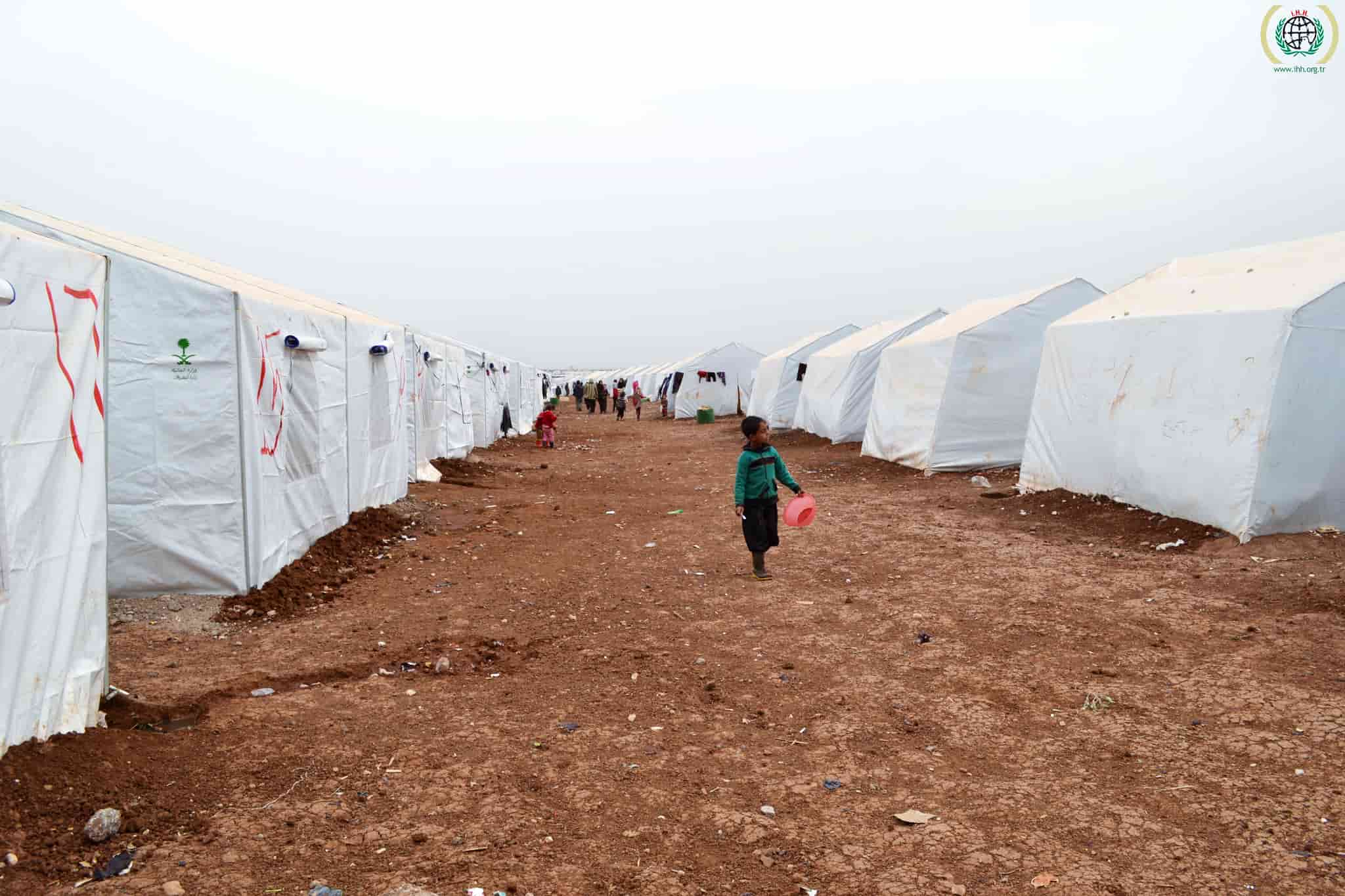Climate refugees in the modern world
By the year 2050, more than 200 million people will become classified as climate refugees. Climate change has accelerated the rates of human migration, and this effect will continue to intensify.
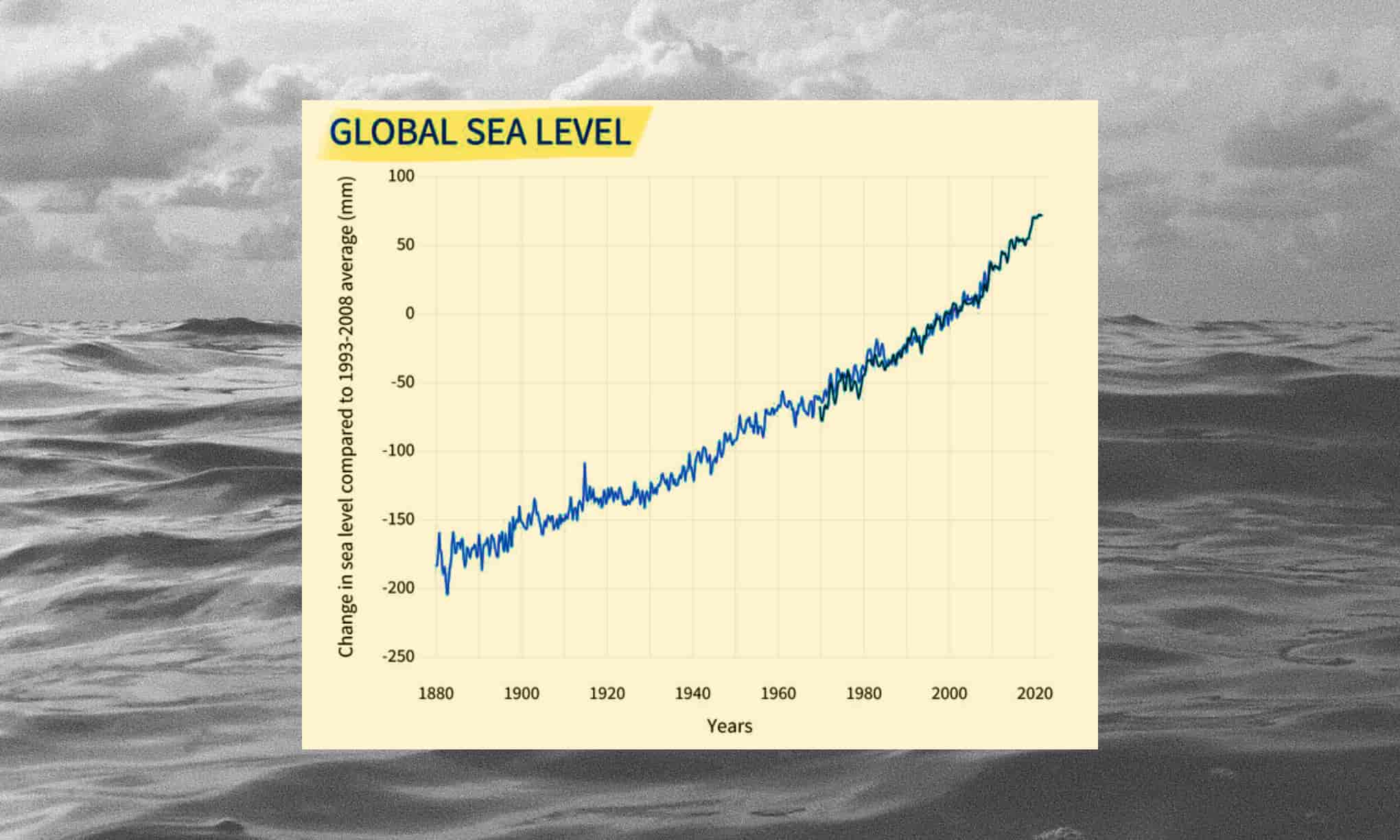
A climate refugee is someone displaced from their home because of an extreme weather event caused by climate change. This particular category of refugees is coming from all over the world to various places that are not being affected as deeply by extreme weather.
Climate change is nothing new and neither is human migration. Migration has been a huge factor in international interactions since the dawn of written history.
Global climate change however, is a relatively recent occurrence. Climate change is defined as “the increasing changes in the measures of climate over a long period of time – including precipitation, temperature, and wind patterns”.
Worldwide climate change has an impact on human migration in many ways; in 2020, over 30 million people worldwide will have been displaced due to some type of extreme weather event. These detrimental weather events are occurring all over the world with more frequency each month. Extreme weather can often lead to other issues as well, these issues can include but are not limited to: famine, drought, volcanic activity, earthquakes, etc.
The connection between climate change and human migration has been analyzed by the United Nations, and goals have been put in place to help alleviate the damage caused by the human impact on the environment.
Unfortunately, these goals are rarely, if ever, accepted by a majority of countries; national and international governing bodies have a responsibility to protect and support their people, but people being affected by massive climate events are often overlooked.
Currently, there are over 84 million people worldwide who have been displaced due to some type of climate event. Most of the refugees are people being displaced within their own country, but about a quarter of those people are crossing international borders to escape the climate disasters.
Climate change seems like an unstoppable giant, but as nations and as individuals, we have the power to slow down extreme weather events and natural disasters that have caused this new wave of human migration.
What has been done so far and what can we do better
Countries across the world have undertaken multiple efforts to combat climate change, these efforts include: the Intergovernmental Panel on Climate Change, the Kyoto Protocol (1997) and the Paris Accords (2015). Combating the climate problem is something that requires an international, cooperative effort; when countries (especially the wealthier countries) band together to support the cause, there is more room for accomplishment; more often than not, smaller, less wealthy countries experience some of the harshest effects of climate change and also accept some of the largest numbers of climate refugees.
While there does seem like a simple solution, it’s a rather large feat to get enough countries on the same page. Solving this international problem of migration fueled by climate change is not something that can be done by one country; the true work starts by educating and spreading awareness.
Individuals have the ability to encourage change on nearly every level of government and society; people can also carry out changes themselves by implementing more forms of renewable energy, making it an issue with representatives, and educating those who may not know much.
Countries can enact change by committing to the international efforts for climate change, being transparent with their citizens, and supporting other countries that may not have the ability to create and maintain large-scale change by themselves.
Banding together is the best option we have left. We are fast approaching the point of no return in terms of climate change. Temperatures continue to fluctuate, monsoons rage on, and tornadoes rip through towns.
Organizations, governments, and individuals have the responsibility to confront this already monstrous problem that forces people from their homes and wreaks havoc on our planet.
We only get one Earth, we have to do something before it’s far too late.


